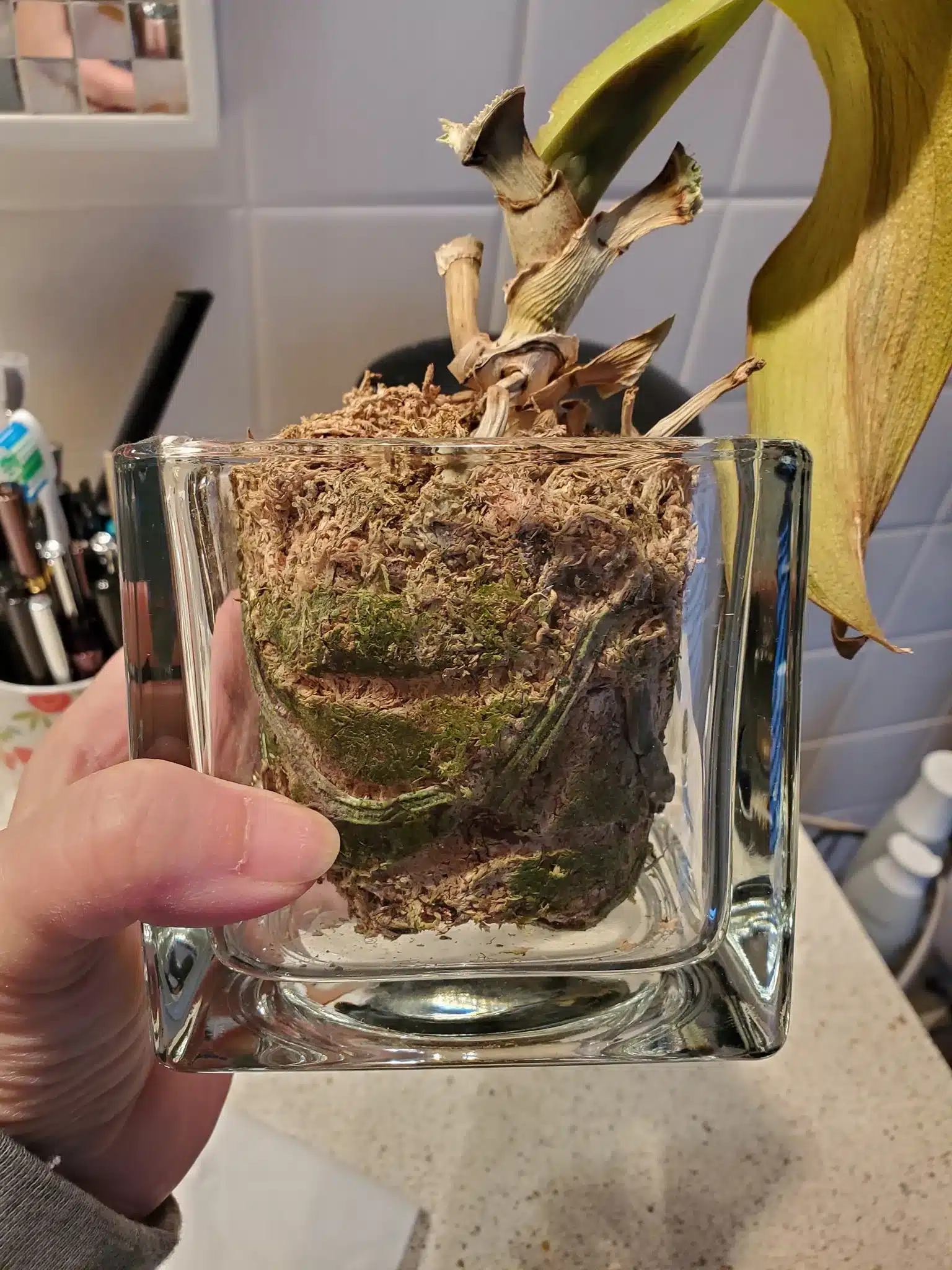While growing vegetables at home, you need to consider the plants’ various care needs and requirements.
If you plan to use Peat Moss for your garden, read the full guide until the end.
Table of Contents Show
Can You Use Peatmoss For All Vegetables?
Peat moss is a type of fibrous organic matter formed after decaying the plants like bogs or fens in swamp areas.
Botanically, these plants are Bryophytes, the non-flowering lower plants growing mostly in moist and shady places.

Thus, peat moss is the spongy growing medium that makes gardening easier, providing excellent plant growth conditions.
However, you can’t use peat moss for every veggie as all vegetables have different growing conditions.
Vegetables that prefer acidic conditions, like potatoes, blueberries, carrots, corn, tomatoes, etc., like to be in peat moss and thrive well.
Meanwhile, alkaline soil lovers like asparagus, spinach, cauliflower, garlic, onions, etc., don’t like peat moss resulting in poor growth.
Therefore, before amending the soil in peat moss, explore whether your vegetable thrives in acidic, basic, or neutral pH.
Benefits of Peat Moss For Vegetable Garden
Instead of using peat moss alone, it’s best to amend it with potting soil, perlite, or compost for improved drainage.
- Peat moss helps in improving the drainage in any soil, as most vegetables love well-draining soil.
- Most vegetables thrive best in moist soil, and peat moss has good water retention ability.
- Also, peat moss is a good source of organic matter, helping in healthy vegetable production.
- Peat moss is safer, lighter, and much easier to handle than other chemical fertilizers.
- Moreover, peat moss is an excellent choice for vegetables needing acidic soil.
- Additionally, you can grow disease-free vegetables using peat moss, as it is sterile.
Drawbacks of Peat Moss For Vegetable Garden
Peat moss is not a good choice if your vegetable garden is rich in alkaline soil, as it makes the soil too acidic.
As a result, other vegetables in the garden requiring alkaline conditions won’t be able to absorb the required nutrients.
- Once you deplete peat moss, it takes years to generate new peat as it is non-renewable.
- Peat moss releases carbon dioxide after harvest causing environmental impact.
- Due to its acidic nature, you can’t use peat moss for all types of vegetables.
- Also, peat moss is not budget-friendly if you want to grow vegetables in a large area.
- The dust from peat moss may cause allergies, skin irritation, and breathing problems.
- When using peat moss alone, your plant may face air circulation issues due to its compactness.
Instead of peat moss, using other environment-friendly options like coco-coir, compost, etc., works the same.
From Editorial Team
Peat Moss And Sphagnum Moss
Is your query ‘ Is peat moss good for vegetable gardens ‘? solved?
Although peat moss is from the sphagnum plant, they aren’t the same as you get peat moss only after decaying the living sphagnum.
Unlike peat moss, sphagnum is alkaline, and you can use it for seed starting, propagation, and other horticultural uses.
